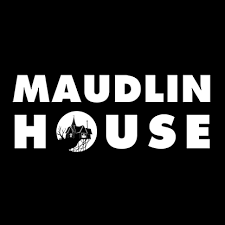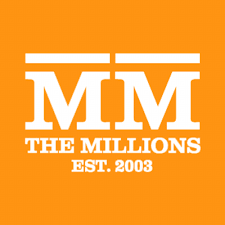“Whenever the topic of Asian Americans in the entertainment industry comes up, for a few moments, I mentally include Sirius Lee. And then I remember that he is only a fictional standup comedian, the protagonist of Leland Cheuk’s intimate novel No Good, Very Bad Asian. It’s such a vivid and engrossing portrait of a lovable, modern-day schmuck—a character who feels immediately iconic, like Holden Caulfield—that I was almost disappointed when I learned that Cheuk is not at all like Sirius Lee, although he did perform standup in bars while researching for this novel.
While Sirius Lee finds fame as a teenager and struggles with the fallout from that, Cheuk’s fiction didn’t get picked up by publishers until he was in his late 30s. His debut novel, The Misadventures of Sulliver Pong, was published by the Chicago Center for Literature and Photography in 2015; a story collection, Letters From Dinosaurs, followed soon after in 2016 from Thought Catalog Books. Before all that had happened, Cheuk survived a life-threatening diagnosis of MDS, receiving chemotherapy and a bone marrow transplant. Over coffee in Brooklyn recently, Cheuk revealed how his manuscript-in-progress for No Good, Very Bad Asian took a different turn after his recovery. But it’s still funny as hell.
Cathy Erway: I don’t think I’ve encountered in literature an Asian American character who’s overweight, struggles with substance abuse, and is constantly screwing up in life. Have you?


